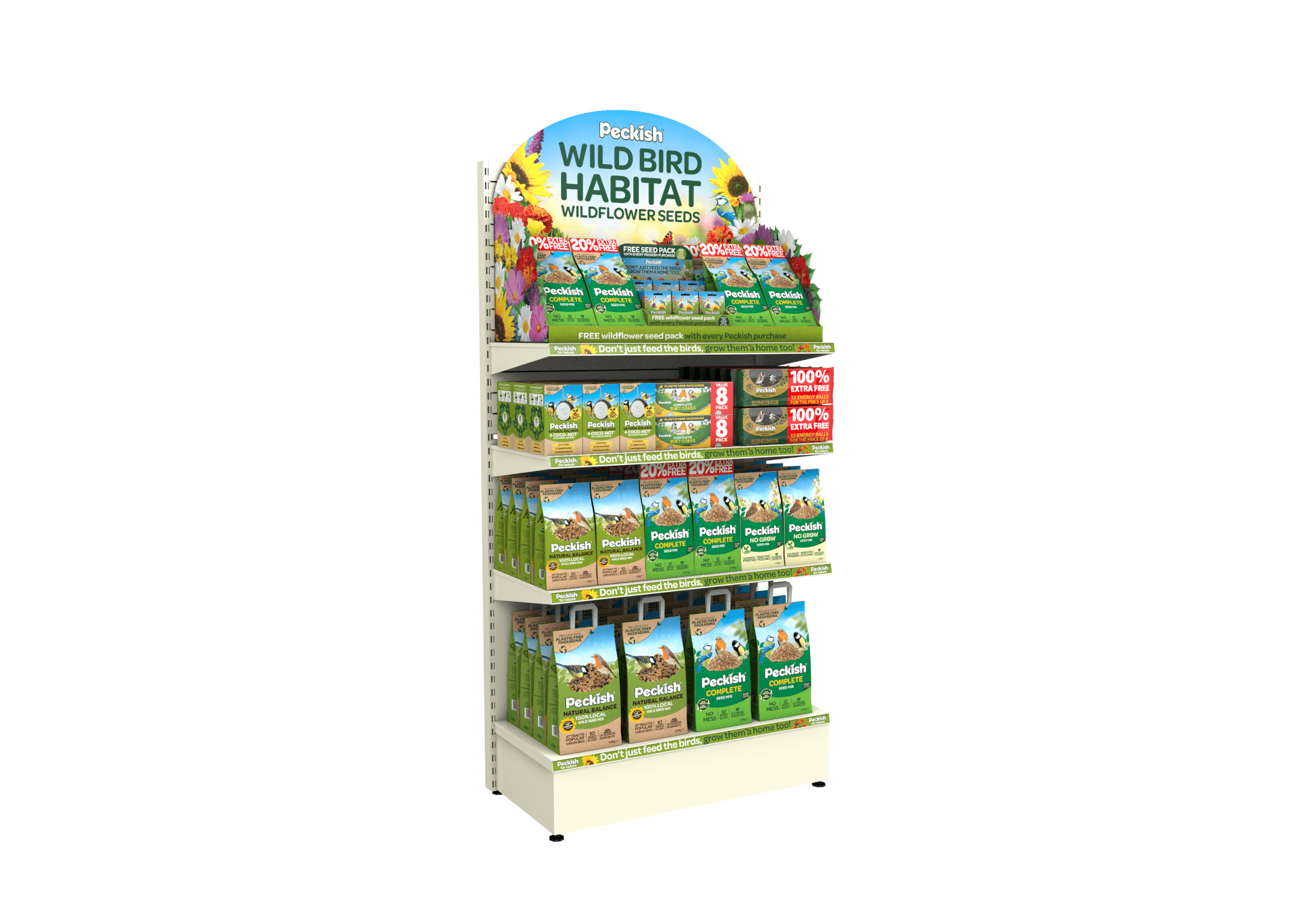Whelehan Crop Protection brings Enclean to Irish market

A natural, plant-origin biocide, Enclean is non-corrosive and quickly degrades into natural elements.
16 June 2020
Whelehan Crop Protection has launched a new product for cleaning a wide range of hard surfaces called Enclean to the Irish market.
Enclean is powerful at removing algae and green deposits. A natural, plant-origin biocide, it is non-corrosive and quickly degrades into natural elements.
John Boylan, area manager with Whelehan Crop Protection, said Enclean is proven to give fast and long lasting results and provides the amenity sector with a valuable new piece of armoury (sic).
“Enclean can be used on a range of materials including asphalt, block paving, steel, zinc aluminium, exterior wood, glass, plastic, bricks and concrete.”, he said.
Boylan continued: “It is therefore the ideal solution for removing algae and green deposits from pavements, patios, walls, roofs, wooden decking, and fence panels.
“It is also powerful for cleaning the outside of greenhouses, concrete and wooden street furniture, playing surfaces, and cemeteries”.
Enclean is manufactured by Belchim Crop Protection which has branches in more than 20 countries in Europe and North America.
William Weld, UK amenity specialist with Belchim, said the very low dilution requirement is one of the real advantages of Enclean.
“It comes in one litre packs with a dilution rate of one pack per 14 litres of water. One 15 litre knapsack of mixed solution will cover an area of around 550 metres squared. This is four times the coverage of most other biocides under the same operating conditions.”, he said.
Weld continued: “Enclean works best in normal spraying conditions. Apply when no rain is expected during the day of application.
“Mix well before use and agitate during application. Great care should be taken to avoid spray drift onto neighbouring crops or plants and do not apply on surfaces containing synthetic resin, thatched roofs, or lead.
“For zinc, aluminium, steel, and glass, rinse with water if a thin layer persists 14 days after treatment,” advised Mr Weld. For more, see Whelehan Crop Protection.



 Print
Print













Fans 0
Followers